Spain’s Move to Decolonize Its Museums Must Continue
Sapiens
DECEMBER 4, 2024
In early 2024, Spain’s culture minister announced that the nation would overhaul its state museum collections, igniting a wave of anticipation—and controversy. As a multicultural Spaniard with extensive experience in the museum sector, I see the initiative as part of a long-overdue and much-needed reckoning with Spain’s colonial past.

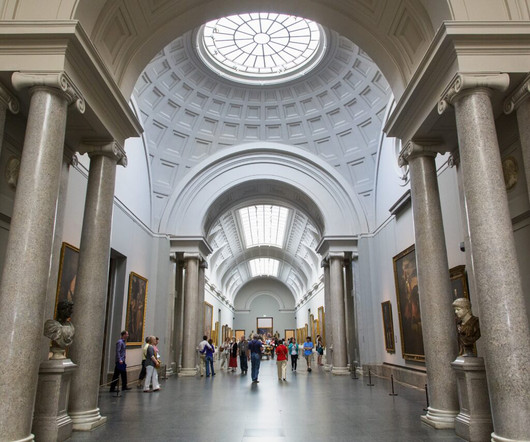



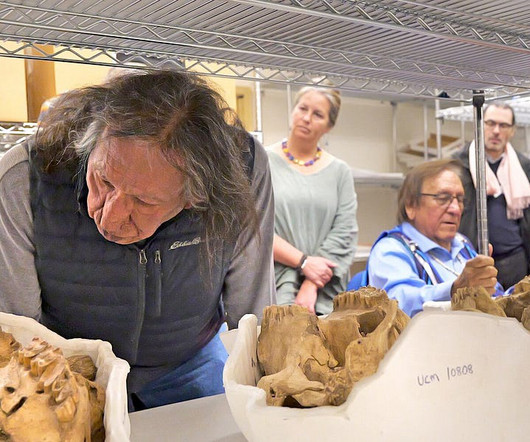
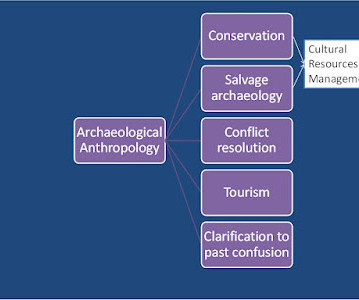
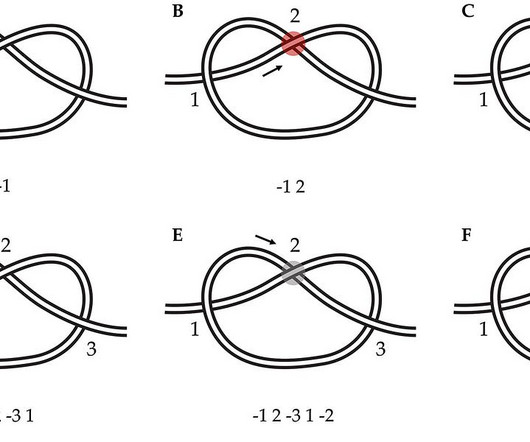

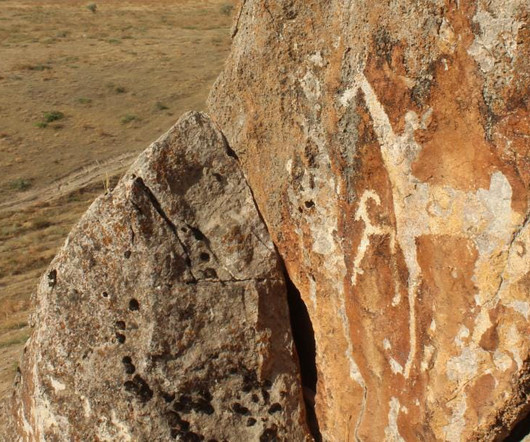

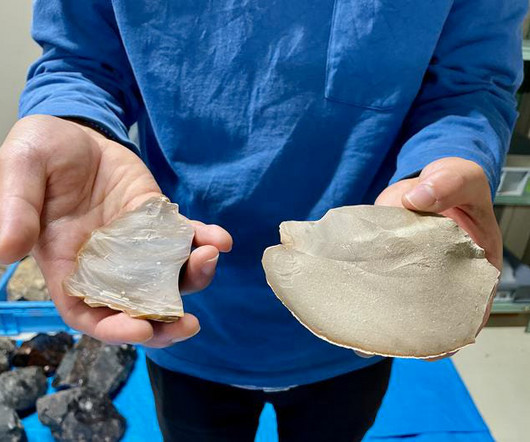
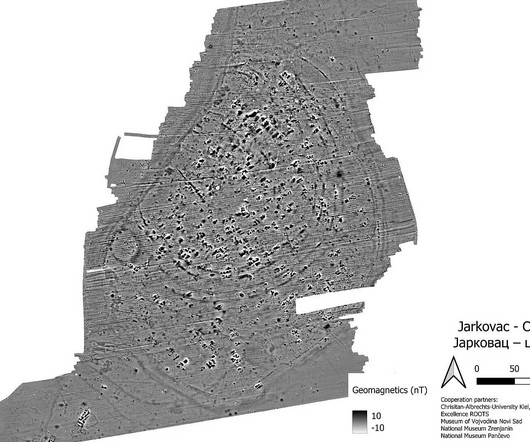

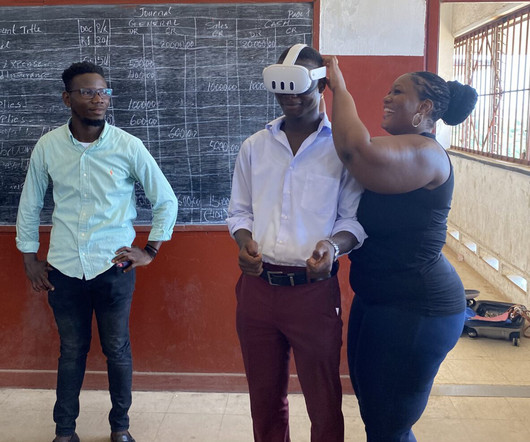
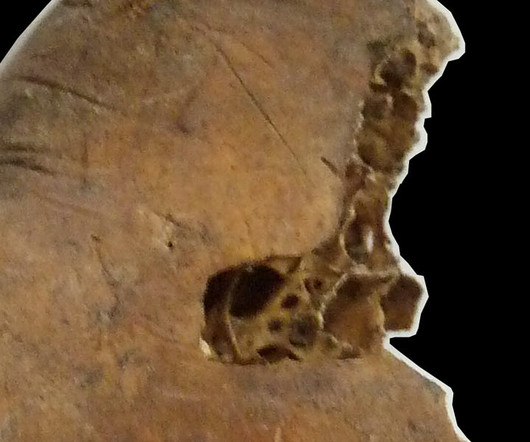

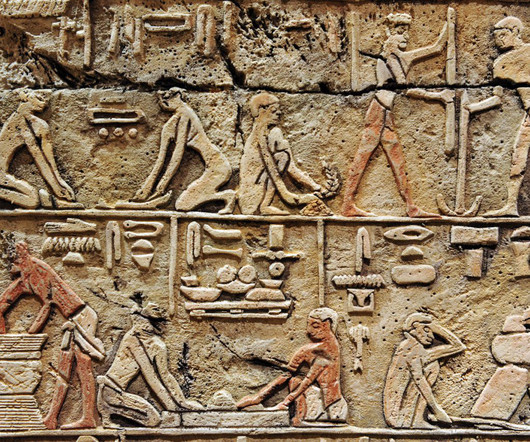
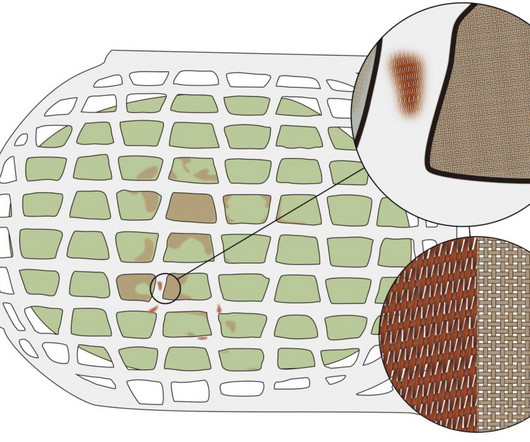








Let's personalize your content